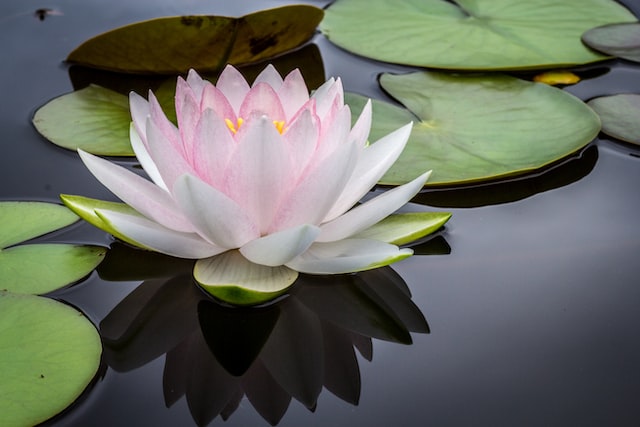Below are a few excerpts from an excellent article by Jack Kornfield. Please follow this link to read this very timely and insightful piece.
Source: https://jackkornfield.com/dharma-politics/

“Many Buddhist practitioners have questioned what to do in these turbulent times. More than anything, I believe the world is in need of a spiritual perspective. The Dharma teachings of generosity, virtue, loving-kindness, and wisdom are non-partisan. The benefits of dharma teachings can be used by Republicans and Democrats, by Green Party and Libertarians, by Iraqis and Israelis. The Dharma welcomes everyone and encourages all to awaken together.
“But how, as dharma practitioners, do we find our own place in a complex political world and find a way towards peace? Our first task is to make our own heart a zone of peace. Instead of becoming entangled in an embattled bitterness or cynicism that exists externally, we need to begin to heal those qualities within ourselves. …..
“A dharma practitioner who wants to act in the sphere of politics must quiet their mind and open their heart. Meditate, turn off the news for a while, turn on Mozart, walk through the trees or the mountains and begin to make yourself peaceful. Make yourself a zone of peace and allow the sensitivity and compassion that grows from our interconnection to extend to all beings. If we’re not peaceful how can we create harmony in the world? If our own minds are not peaceful, how can we expect peace to come through the actions that we take?…
“Through practice, we can learn to make our own hearts a place of peace and integrity. With a quiet mind and an open heart we can sense the reality of interdependence. Inner and outer are not separate. Buddhist teachings have always taught that life cannot be divided into compartments. Our relationships with others, right speech, right action, right livelihood are part of the eight-fold path. They are factors of enlightenment. Our relations, and society as a whole, are an expression of the enlightened heart. Thus we can understand Gandhi’s challenge, “Those who say spirituality has nothing to do with politics, they do not know what spirituality really means.”
When we understand this, our next task is to see for ourselves what is needed to bring to benefit to the world. How does peace come about? What are the conditions for peace? The Buddha taught that peace is possible both individually and collectively but that it depends on skillful causes and conditions. Inner peace grows from mindfulness, compassion, and respect. Outwardly, it requires the same conditions. When asked about the creation of a wise society, the Buddha counseled that when a society comes together to make decisions in harmony, when it honors its elders and the wise ways they have established, when it cares for its most vulnerable members, when it respects the environment and listens to its citizens and its neighbors, it can be expected to prosper and not decline. For the Buddha, a wise society is not based on greed, on hatred or delusion, but on generosity, respect, mindfulness and compassion.”





